Stopping creatine for a day won’t significantly impact your muscle creatine stores. Minor changes in water retention and performance might occur.
Creatine, a popular supplement among athletes and fitness enthusiasts, plays a crucial role in energy production during high-intensity workouts. Your muscles store creatine as phosphocreatine, which they use for quick energy bursts. Typically, the body’s creatine reserves are not depleted rapidly, implying that missing a single day’s dose of creatine won’t cause any drastic changes to your body’s creatine levels.
The compound is also found naturally in foods like red meat and fish, meaning your regular diet can somewhat compensate for a brief lapse in supplementation. It’s the consistency over weeks and months that mainly contributes to the creatine saturation in your muscles. So, while a single day without creatine won’t disrupt your fitness goals, a consistent routine is essential for long-term benefits.
Table of Contents
The Role Of Creatine In The Body
Creatine serves as an energy booster in our cells, particularly in muscles. It helps during high-intensity activities. Our body makes creatine naturally. We also get it from foods like fish and meats.
Essential Functions Of Creatine
Creatine plays a vital role in our body’s energy management. Here are its key functions:
- Energy Production: Creatine helps make ATP, the cell’s energy currency.
- Muscle Power: It boosts performance in short, explosive workouts.
- Brain Health: Creatine supports cognitive functions.
Myths Surrounding Creatine Use
Despite its benefits, many misconceptions exist. Let’s clear some common ones:
| Myth | Truth |
|---|---|
| Creatine causes damage. | Studies show creatine is safe when used properly. |
| It leads to dehydration. | There is no direct link between creatine and dehydration. |
| Creatine is a steroid. | Creatine is not a steroid. It’s naturally found in our bodies. |
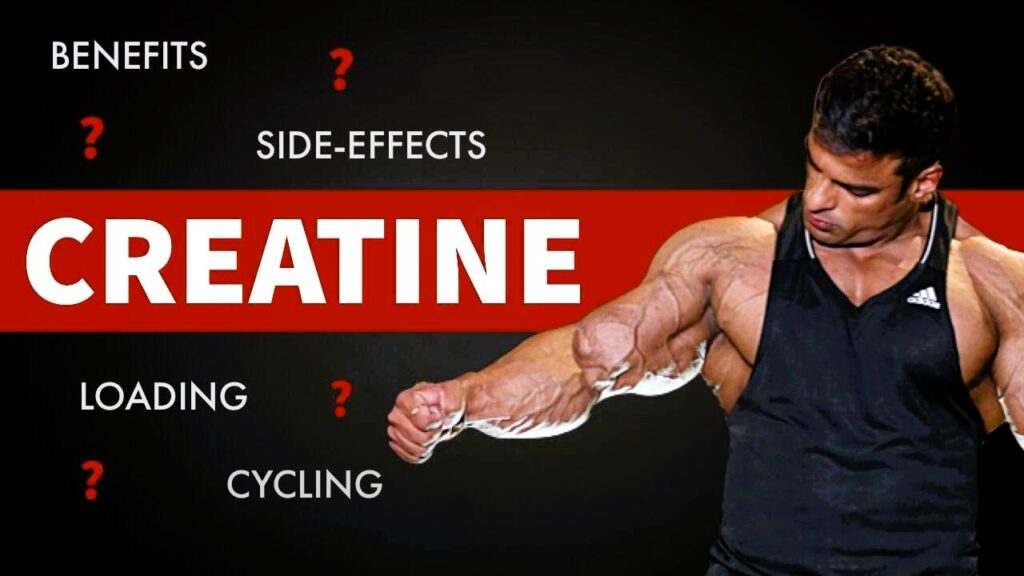
Immediate Effects Of Pausing Creatine
You’ve been taking creatine consistently and have decided to take a break. What happens during the next 24 hours? It’s a common question among athletes and gym enthusiasts alike. While creatine is known for its benefits in muscle energy and performance, the immediate effects of pausing might not be as drastic as you think. Let’s delve into the short-term responses your body might experience.
Short-term Body Responses
Stopping creatine doesn’t cause instant changes. Your body has a buffer of creatine stores. These last for a short period even without supplementation. Day-to-day functions remain normal. Some minor adjustments occur internally as your body returns to its baseline creatine synthesis.
Impact On Muscle Energy Stores
- Creatine levels drop gradually, not overnight.
- Muscle cells hold less water. This might make muscles appear less full.
- Energy reserves remain stable for daily activities.
High-intensity performance won’t suffer immediately. The existing creatine phosphate in muscles will still support your energy needs. Over time, as levels drop, you might notice a slight decrease in the ability to maintain peak performance.
Physical Performance Without Creatine
Creatine is a popular supplement among athletes and gym enthusiasts. It boosts performance during high-intensity activities. But what if you stop taking creatine for a day? Here, we’ll explore how a brief break can affect your body and exercise capacity.
Changes In Exercise Endurance
Dropping creatine for a day won’t cause a major impact on endurance. Your muscles still have some creatine stores. But you might feel a slight decrease in your ability to sustain long workouts.
Without daily supplementation, the body relies on its natural creatine. This can lead to quicker fatigue if you’re used to higher levels. Yet, your body can compensate to some extent.
Strength And Power Fluctuations
For short-term energy bursts, creatine is key. Not taking it for a day could reduce your explosive power. This might not be noticeable in everyday activities, but gym-goers could feel the difference.
| With Creatine | Without Creatine |
| Boosted muscle strength | Possibly reduced max lift |
| Enhanced power output | Slight drop in power |
Despite a potential dip, your muscles will still have some leftover creatine. It helps sustain near-normal levels of strength and power.
Creatine Levels In The Body
Wondering what happens to creatine levels when you skip a dose? Let’s dive into this.
Natural Creatine Production
Your body makes creatine every day. Your liver, pancreas, and kidneys work together for this. They use amino acids to do the job.
Meat and fish also give you more creatine.
A healthy body creates about 1-2 grams daily.
Creatine Reserve Depletion Rates
Missed a day of your creatine supplement? Don’t worry much.
Your creatine reserves won’t vanish fast.
It takes days for levels to drop. Even up to a month for some people.
| Time Without Supplement | Estimated Depletion |
|---|---|
| 24 Hours | Minimal decrease |
| 1 Week | Small decrease |
| 1 Month | Significant decrease |
Each person is different. Rates can vary.
Missing a single day is not a big deal. Your body still has reserves.
- Consistent intake keeps levels up.
- Missing days can reduce muscle gains over time.
- Keep your diet rich in proteins to help.
Psychological Effects Of Stopping Supplement Use
The mind plays a crucial role in how we perceive the benefits of supplements. Stopping a daily routine like taking creatine might affect your gym performance. It could also influence your mindset. The psychological impact is rarely discussed, yet it is worth exploring.
Mental Adaptation
Your brain can tie supplement use to performance. When you stop taking creatine, even for a day, the change can feel sudden. It’s like missing morning coffee. You might feel less prepared for your workout. This feeling is about habit and mental comfort, not a direct effect of creatine absence in your body.
Placebo Effect Concerns
- Belief in supplements can enhance performance.
- Stopping creatine might lead to doubt and less confidence.
- It’s important to identify if your success is from hard work or just a pill.
Myths About Creatine Discontinuation
Many gym enthusiasts worry about stopping creatine supplementation. Will muscles deflate? Does water retention go wild? Let’s address these concerns and separate fact from fiction.
Debunking The Water Retention Myth
Creatine and water retention are often linked. Some fear that stopping creatine will cause a sudden drop in water levels. Not true! In reality, water balance normalizes gradually.
- Cells don’t expel water instantly.
- The body adjusts to changes smoothly and naturally.
Reality Of Muscle Mass Loss
Will you lose muscle mass overnight? Unlikely. Muscles may seem less full as creatine levels dip. However, the strength you’ve built remains unchanged.
- True muscle growth comes from consistent training and nutrition.
- Stopping creatine doesn’t erase your hard work.

Strategic Creatine Cycling And Breaks
Exploring the world of fitness supplements brings to light the concept of strategic creatine cycling and taking breaks. This approach advocates a planned use of creatine, where intake is not constant, but rather involves periods of discontinuation. The focus here is on understanding the nuances of taking short breaks from creatine without hindering your fitness goals.
Benefits Of Cycling Supplements
Cycling supplements, including creatine, can offer several benefits.
- Reduces tolerance build-up ensuring the body responds effectively.
- Prevents complacency in cellular mechanisms, invigorating bodily responses.
- Mitigates side effects that may emerge from continuous usage.
Planning Creatine Breaks Wisely
A smart approach to creatine breaks hinges on understanding your body’s creatine stores. Gradual reduction rather than abrupt cessation prevents potential regressions in performance.
| Duration of Use | Break Period | Resumption |
|---|---|---|
| 2-3 Months | 2-4 Weeks | Reevaluate |
| 6 Months | 1 Month | Adjust Dosage |
Keep tabs on your performance during breaks, as individual responses vary greatly. This tailor-made schedule ensures optimal benefits and sustainability in your fitness journey.
Managing Diet And Exercise During A Creatine Pause
Taking a break from creatine doesn’t mean progress stops. The right food and workout choices keep gains on track.
Optimizing Nutrition For Performance
Diet adjustments can bridge the gap left by creatine. Focus on foods that naturally support energy and muscle recovery.
- Rich protein sources like chicken, fish, and legumes
- Complex carbohydrates for sustained energy, such as oats and sweet potatoes
- Healthy fats from avocados and nuts for overall health
- Hydration is key, aim for 8 glasses of water daily
Adjusting Workout Intensity
Maintain muscle stimulation, but listen to your body. A reduction in stored muscle water and energy may affect training intensity.
| Workout Phase | Intensity Adjustment |
|---|---|
| Strength Training | Decrease weight, maintain form |
| Endurance Sets | Shorter duration, maintain pace |
| High-Intensity | Longer rest, keep movements sharp |
Adjustment ensures workouts stay effective without creatine. Find balance, push limits, and focus on recovery.
Returning To Creatine Supplementation
Worrying about missing a day of creatine? Relax, it’s not the end of the world. But if you’re planning to get back on track with your creatine supplementation, it’s vital to understand how to reintroduce it effectively. This guide dives into a strategic approach for resuming your creatine intake and highlights how to monitor your body’s response. Whether you’re a fitness enthusiast or a professional athlete, understanding these steps ensures you continue to gain the benefits of creatine without any hitches.
Reintroduction Strategy
Getting back to your creatine routine doesn’t have to be complex. Start with a steady reintroduction. Here’s a simple strategy:
- Resume the original dosage: Don’t overcompensate for missed days; stick to your usual amount.
- Consistency is key: Ensure to take your creatine at the same time daily.
- Avoid a loading phase: A single missed day doesn’t require a new loading cycle.
Monitoring Body’s Response To Resumption
When you restart your supplementation, observing your body’s reaction is crucial:
- Track hydration levels: Creatine can affect water retention, so drink plenty of fluids.
- Monitor performance: Keep an eye on your strength and endurance in workouts.
- Note any changes: Be alert to changes in weight or muscle fullness as you return to supplementation.
Frequently Asked Questions Of What Happens If You Stop Taking Creatine For A Day
What Happens If You Take A Day Off Creatine?
Taking a day off from creatine won’t significantly impact your muscle stores, as creatine accumulates over time. Regular supplementation resumes normal levels quickly.
Is It Bad To Suddenly Stop Taking Creatine?
Stopping creatine abruptly isn’t harmful, but you may notice a decrease in water retention and muscle energy temporarily. Transitioning off gradually can help maintain performance levels. Always consult with a healthcare professional before changing your supplement routine.
Will I Lose My Gains If I Stop Taking Creatine?
Ceasing creatine supplementation may lead to decreased muscle stores, potentially causing slight strength loss but not eliminating muscle gains entirely. Regular training and proper nutrition help maintain muscle mass.
How Long Can I Go Without Taking Creatine?
You can stop taking creatine indefinitely; the body naturally produces it, though muscle creatine stores will gradually decrease to baseline levels over about four weeks.
Conclusion
Taking brief breaks from creatine won’t derail your fitness journey. Your body’s natural stores will take over, maintaining energy levels in the short term. For lasting results, consistency is key. Remember, each body reacts differently, so monitoring your performance is crucial.
Resume regular intake as planned, and you’ll stay on track.


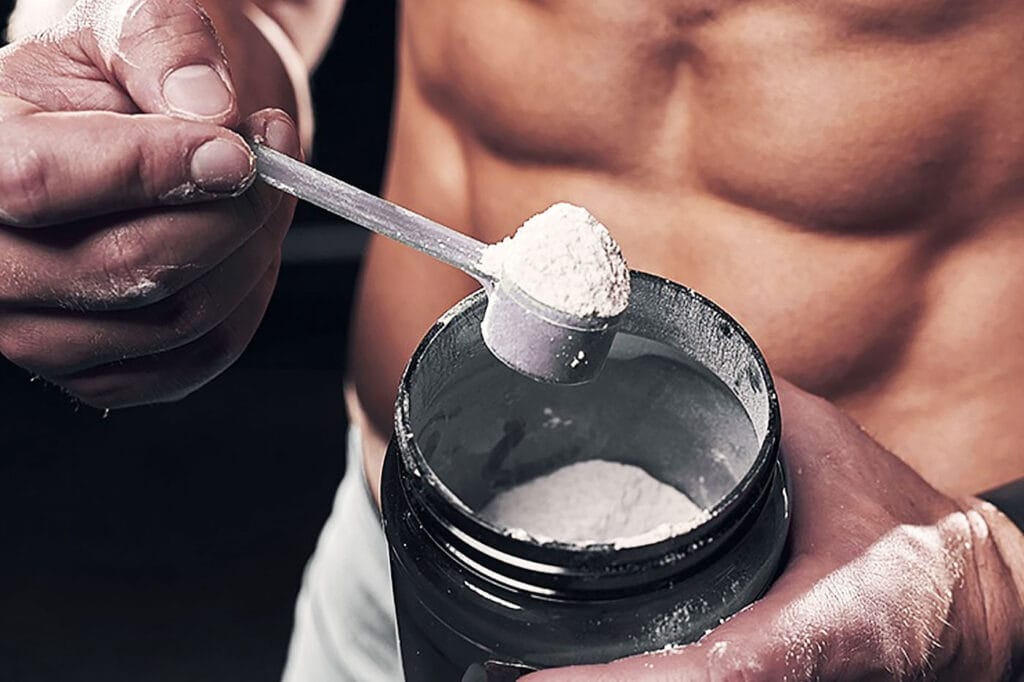
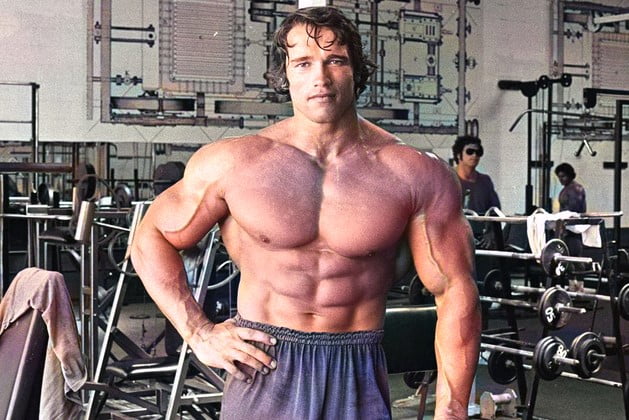





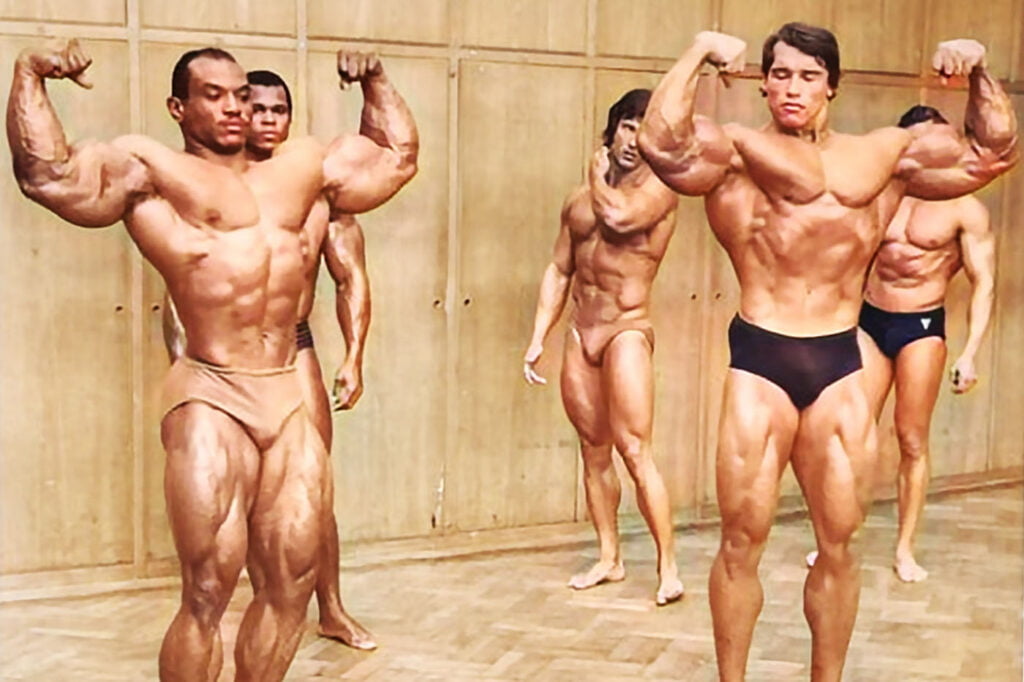
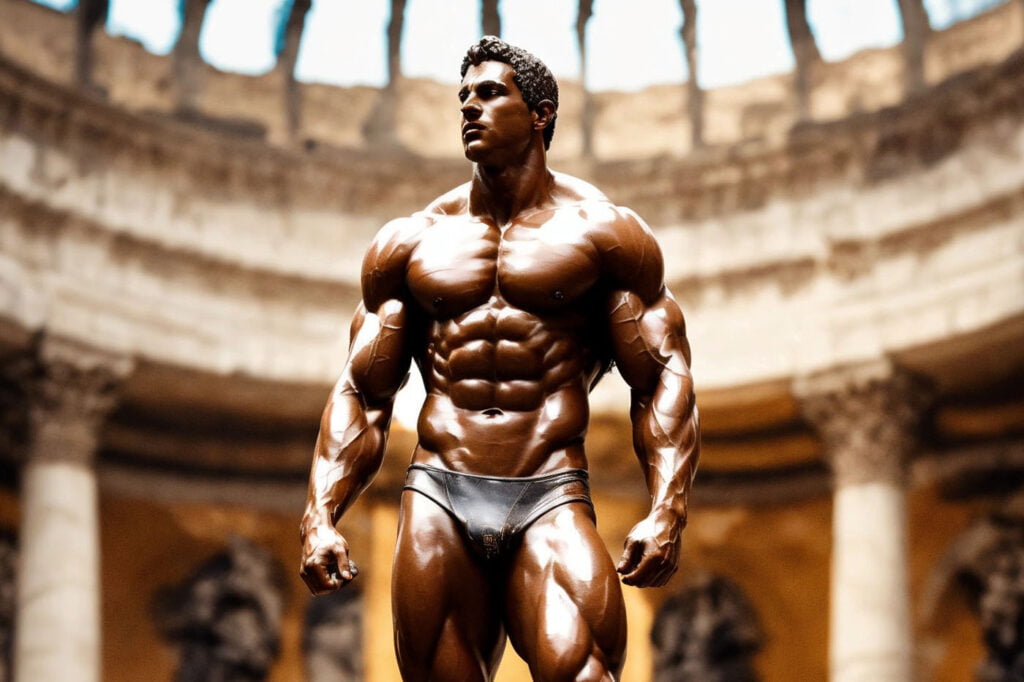

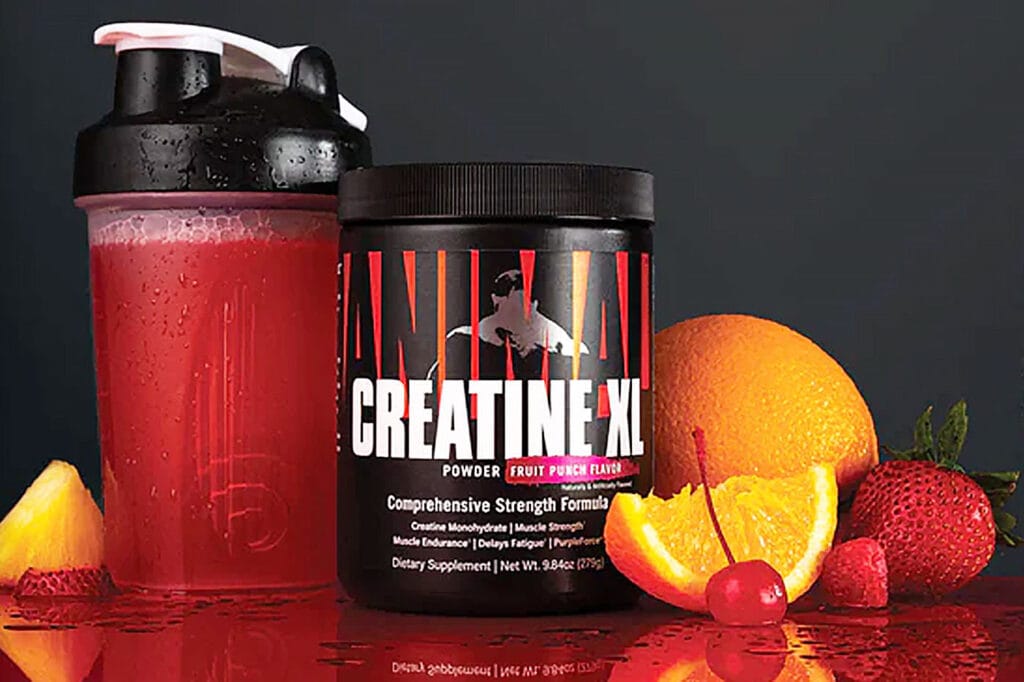
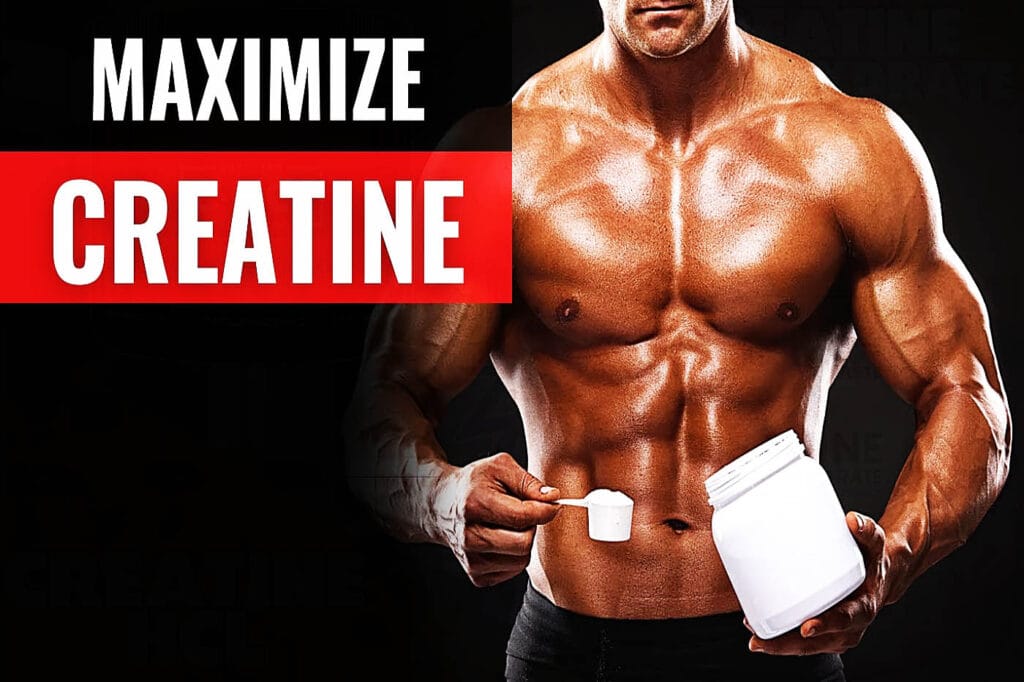
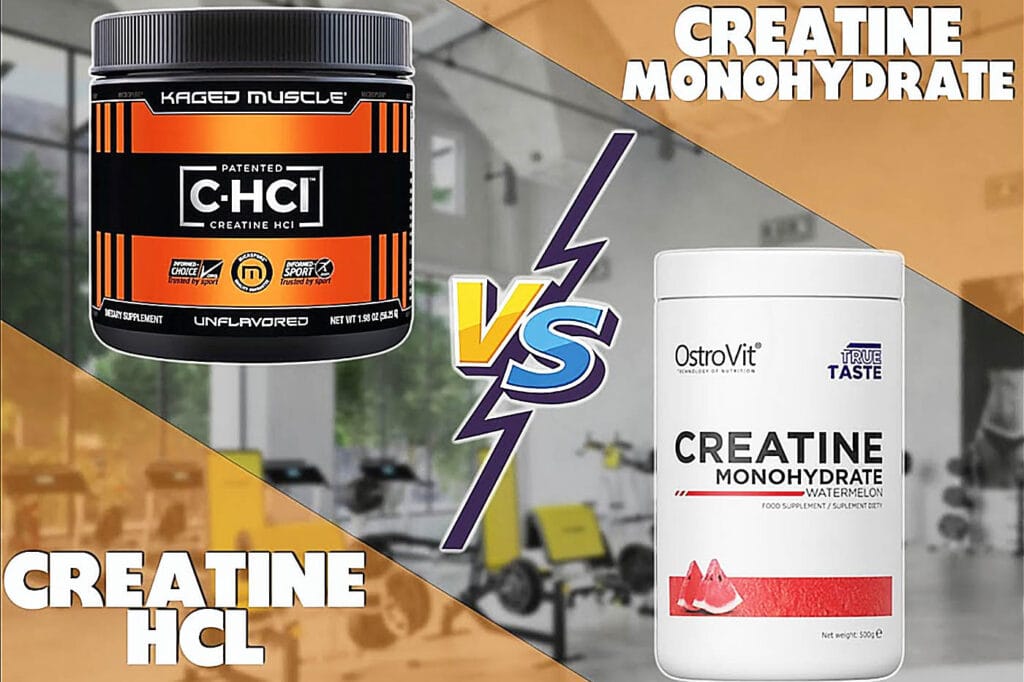
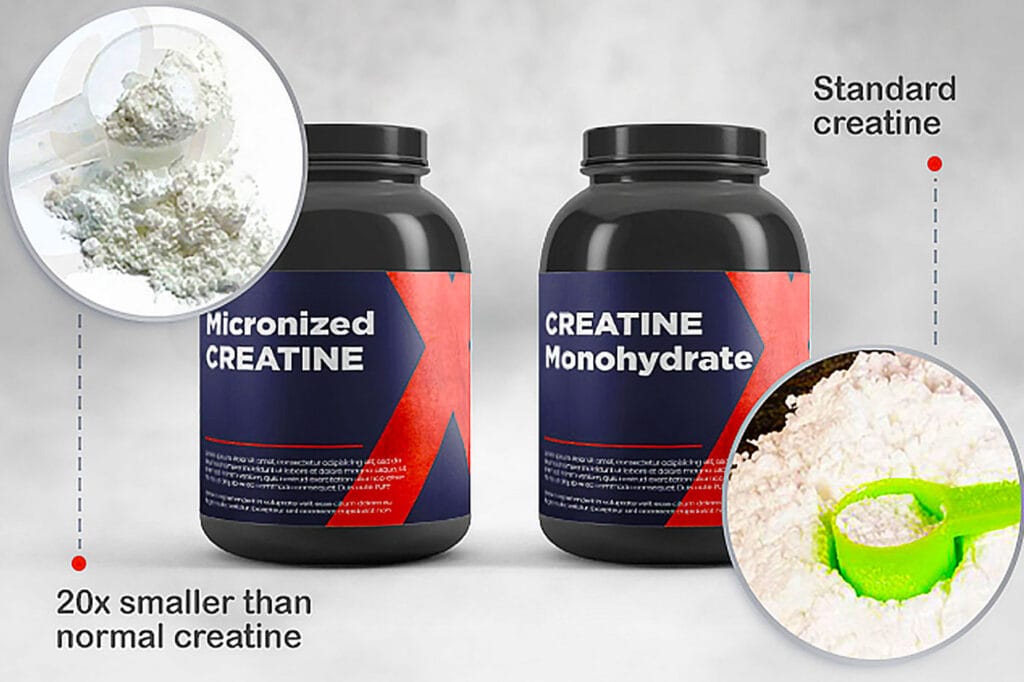
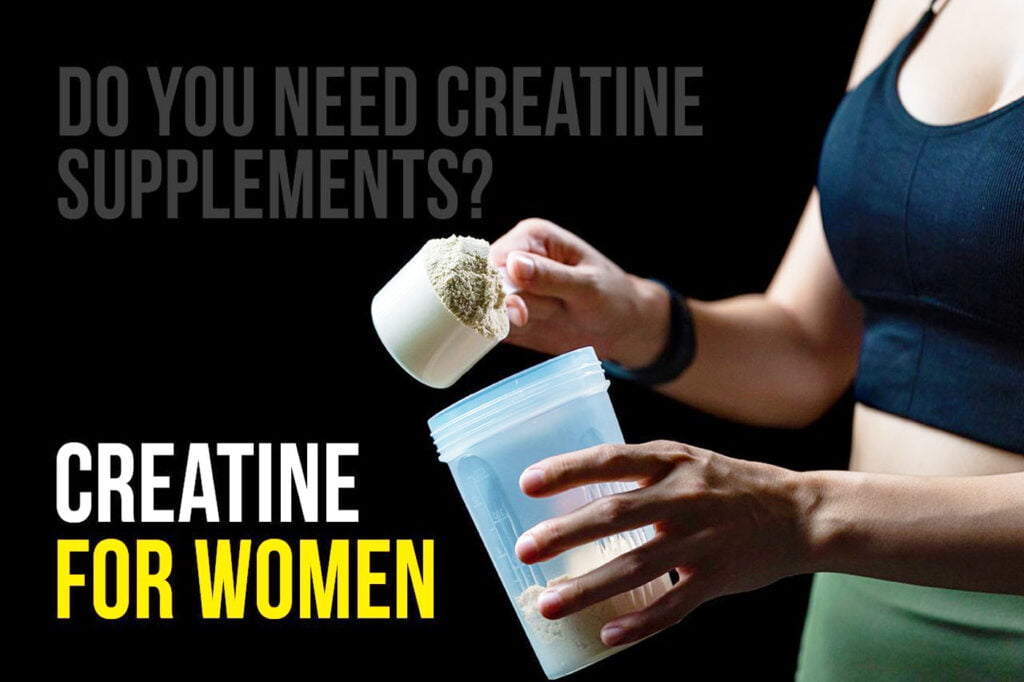
Comments are closed.